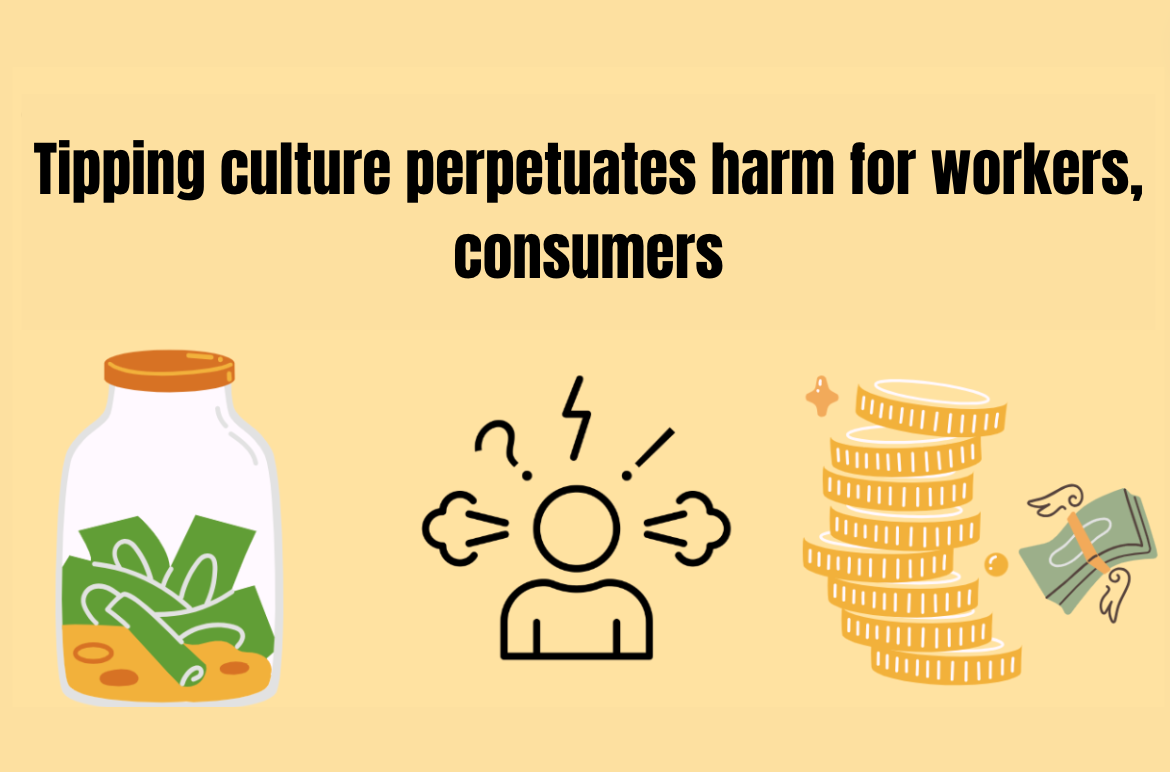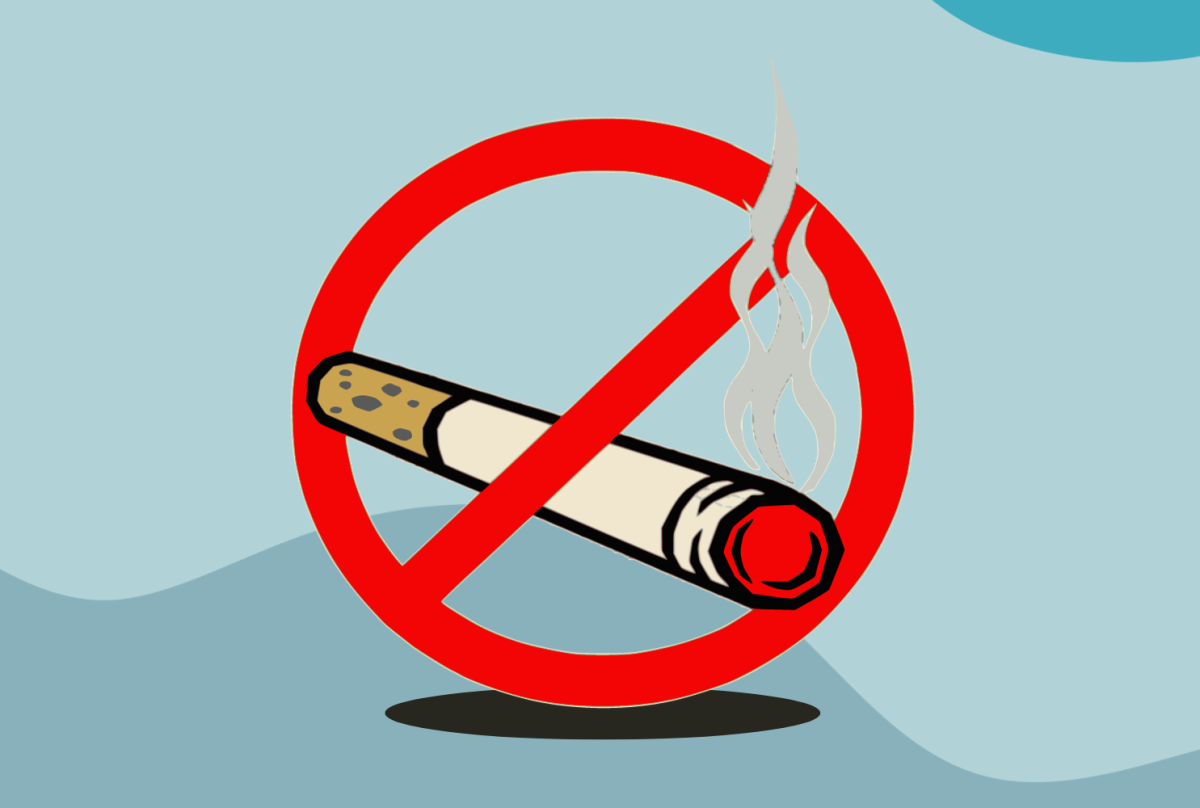We live in a community in which we are privileged with opportunities and advantages that seem to come as a given. What may be norms for us in the Western world are rare, luxurious benefits for others in different parts of the world. It is only natural for someone to take all that they possess for granted, when most of those around them, too, possess these same perks.
This became clearer to me after I spent winter break in Egypt, outside my isolation in a close, safe, advantaged community. I was surrounded by innumerable people who did not have half as many benefits as myself or most people in the Western world do. Upon my return to London, I was sickened by those who whined about their inconsequential “misfortunes.”
We complain about petty family issues, tough teachers, not wanting to go to school, and yet, in this mindset, we somehow evade the fact that education, as strenuous as it might be, is something not endowed to every human. The tendency to ignore the reality of our situation is a result of the fact that we have grown up without the awareness of others in a world outside our bubbles, of those live without the privileges we know.
Many of us have taken part in a conversation about the type of water we drink. There are always some who only drink Voss or Evian, or who complain about the taste of certain kinds of water. When one does so, they should remember that, according to the United Nations, more than 783 million people in developing countries do not have access to clean water.
Although we may be mentally isolated from these situations – which are just a few hours plane ride away – there is a human being who is dying of thirst, or dying of the bacteria in the water with which they quenched their thirst. That person is not faced with the choice of Fiji or Acqua Panna, but faced with their own death, just a few hours away. The reason we can’t relate to that person is that the likelihood of any one of us being one of these 783 million people is too miniscule.
Another benefit many of us take for granted in our daily lives is the internet. We are fortunate to be part of the 34 percent of people who have access to this resource that most of us use on a daily basis to perform simple tasks. We are so used to the idea of having access to internet that when it is slow, or inaccessible for a short amount of time, we complain about it.
We rarely face the issue of fearing for our lives. If we do, it would most likely be due to an accident or sudden tragedy. We are advantageous enough to live in a society in which we do not have to fear death having certain beliefs or being a certain way. We do not live in a warzone, or in an extremely segregated community. Unlike many, we do not wake up every morning, terrified of our chances of surviving, or being injured.
However, “783 million” is just a number and “34 percent” is just a statistic. It is a vague figure that doesn’t impact us much, or anyone in our community.
Adults always tell us to “think of all the kids in Africa that don’t have water.” This statement is impersonal and won’t touch us because Africa is a faraway continent. Naturally, the situation becomes distant and intangible, and so, in turn, we become apathetic. The truth is, these places are just a few hours away. We should feel more connected to the outside world, and realize that there are others who aren’t as fortunate as we are.
Ultimately, we should learn to appreciate what we have as we are part of the lucky few who have access to such privileges, perks, and situations. We must wake up and pay attention to the obliviousness of our fortunes, as our current lack of awareness has gone too far.
nadia_sawiris@asl.org








